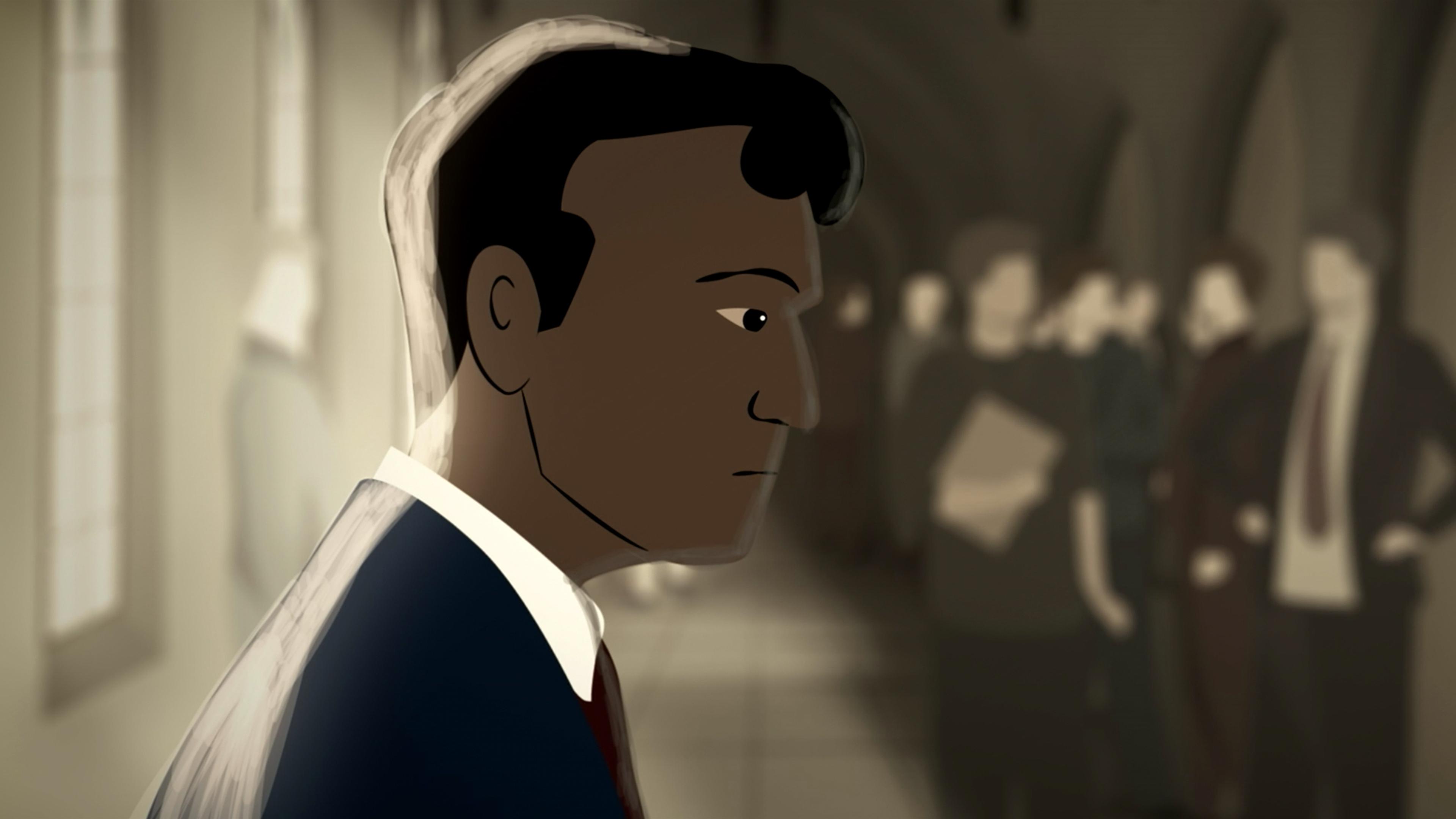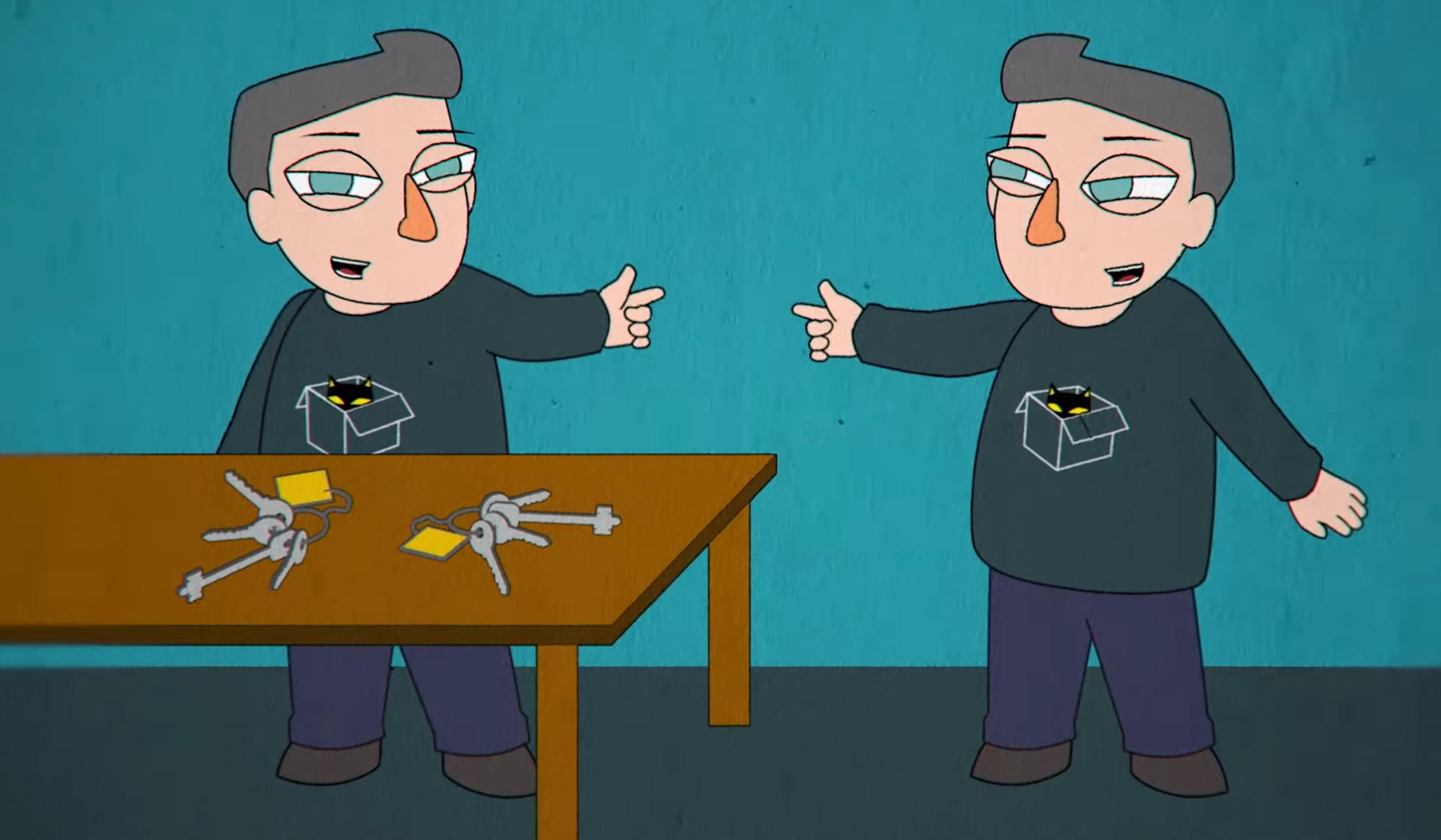The British theoretical physicist Stephen Hawking is perhaps best-known for his landmark work on black holes and, by extension, how they affect our understanding of the Universe. In the years before his death in 2018, he was still immersed in black hole theory, endeavouring to solve a puzzle that his own work had given rise to several decades earlier. To put it succinctly, in the 1970s, Hawking discovered that black holes appear to be capable of destroying physical information – a characteristic very much at odds with contemporary quantum mechanics. Adapted from a 2016 paper that Hawking co-authored with the US theoretical physicist Andrew Strominger and the UK theoretical physicist Malcolm Perry, this animation offers a sophisticated-but-digestible – and frequently quite clever – visual presentation of Hawking’s final work, which proposes one potential solution to the ‘information paradox’.
Stephen Hawking’s final theory: untangling a peculiar black-hole paradox
Animation: Cognitive
Website: The Stephen Hawking Foundation
25 February 2019

videoQuantum theory
‘If you feel you’re in a black hole, don’t give up’ – Stephen Hawking explains
2 minutes
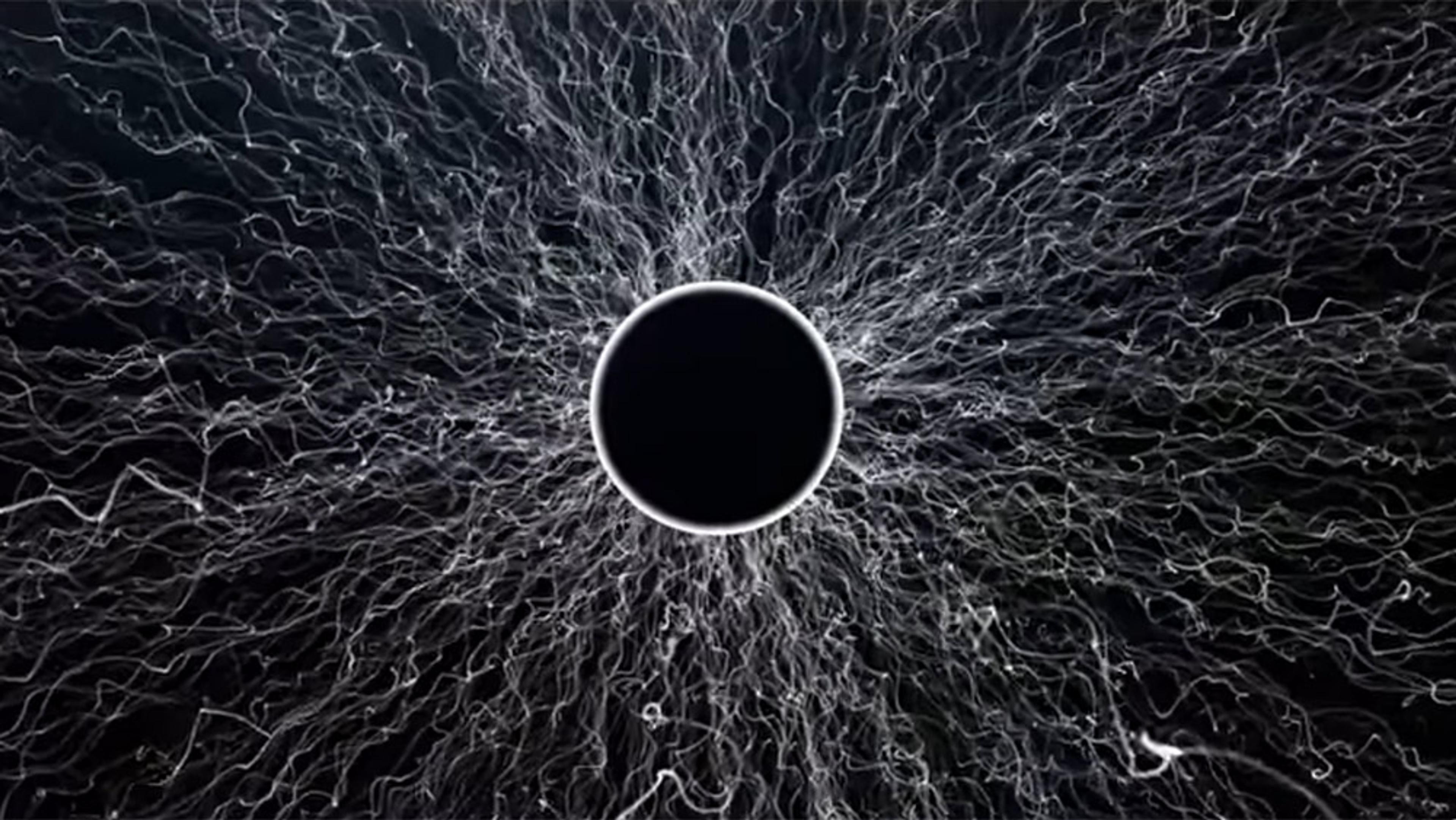
videoCosmology
Deep time and beyond: the great nothingness at the end of the Universe
29 minutes
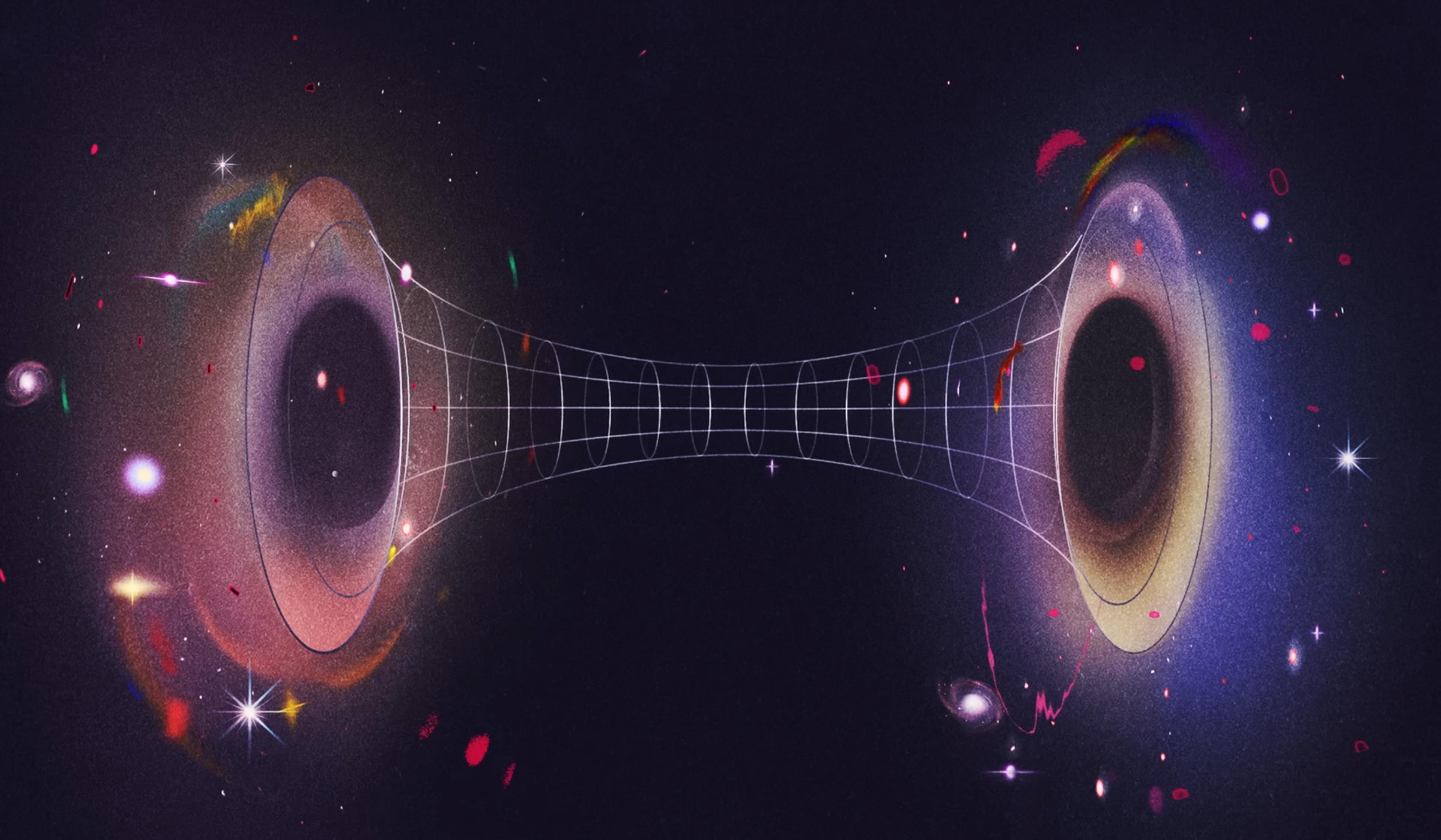
videoPhysics
The tangled tale of how physicists built a groundbreaking wormhole in a lab
17 minutes
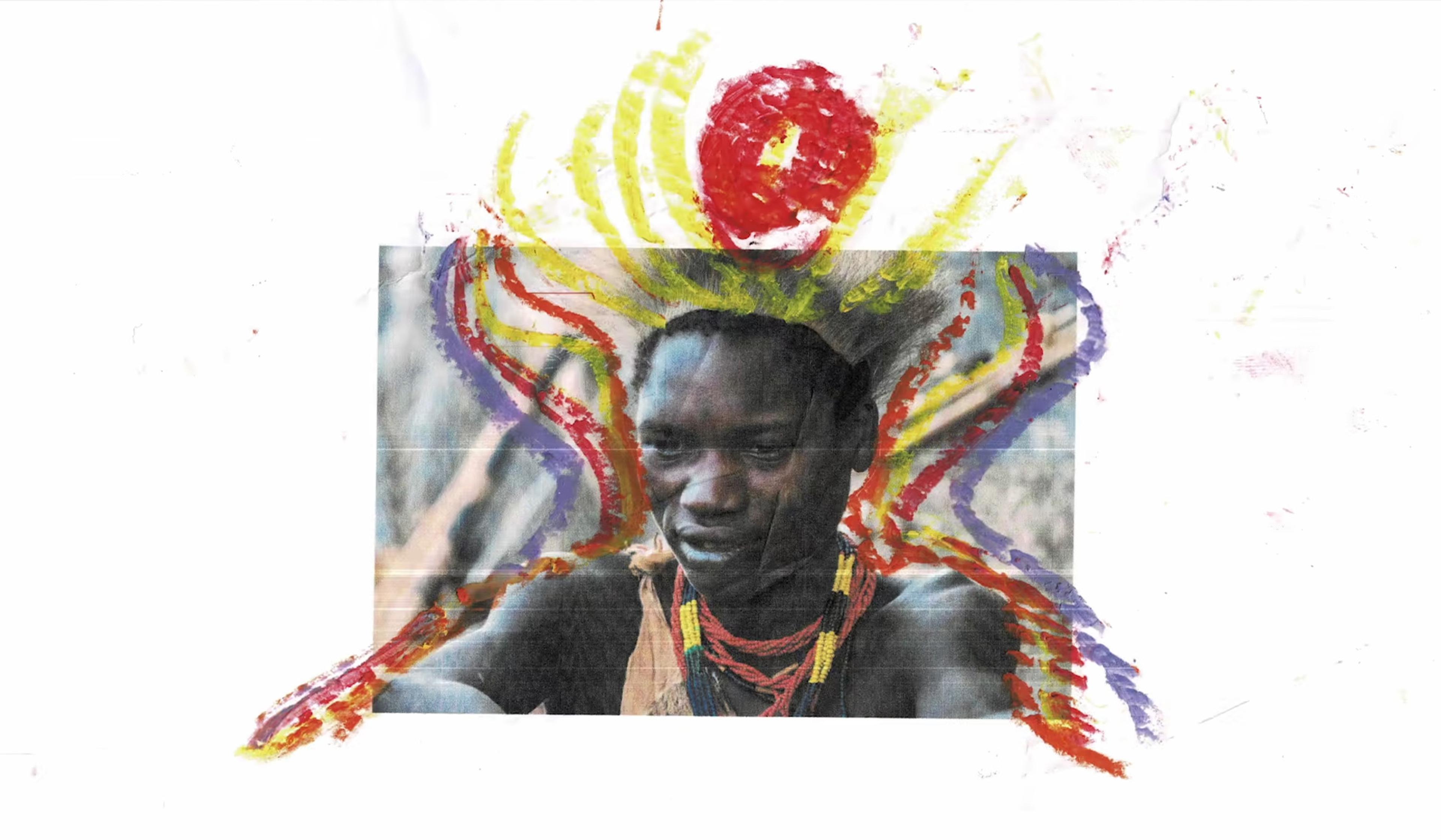
videoAnthropology
Sitting by the fire with a nomadic tribe, a physicist ponders the many shapes of wisdom
2 minutes
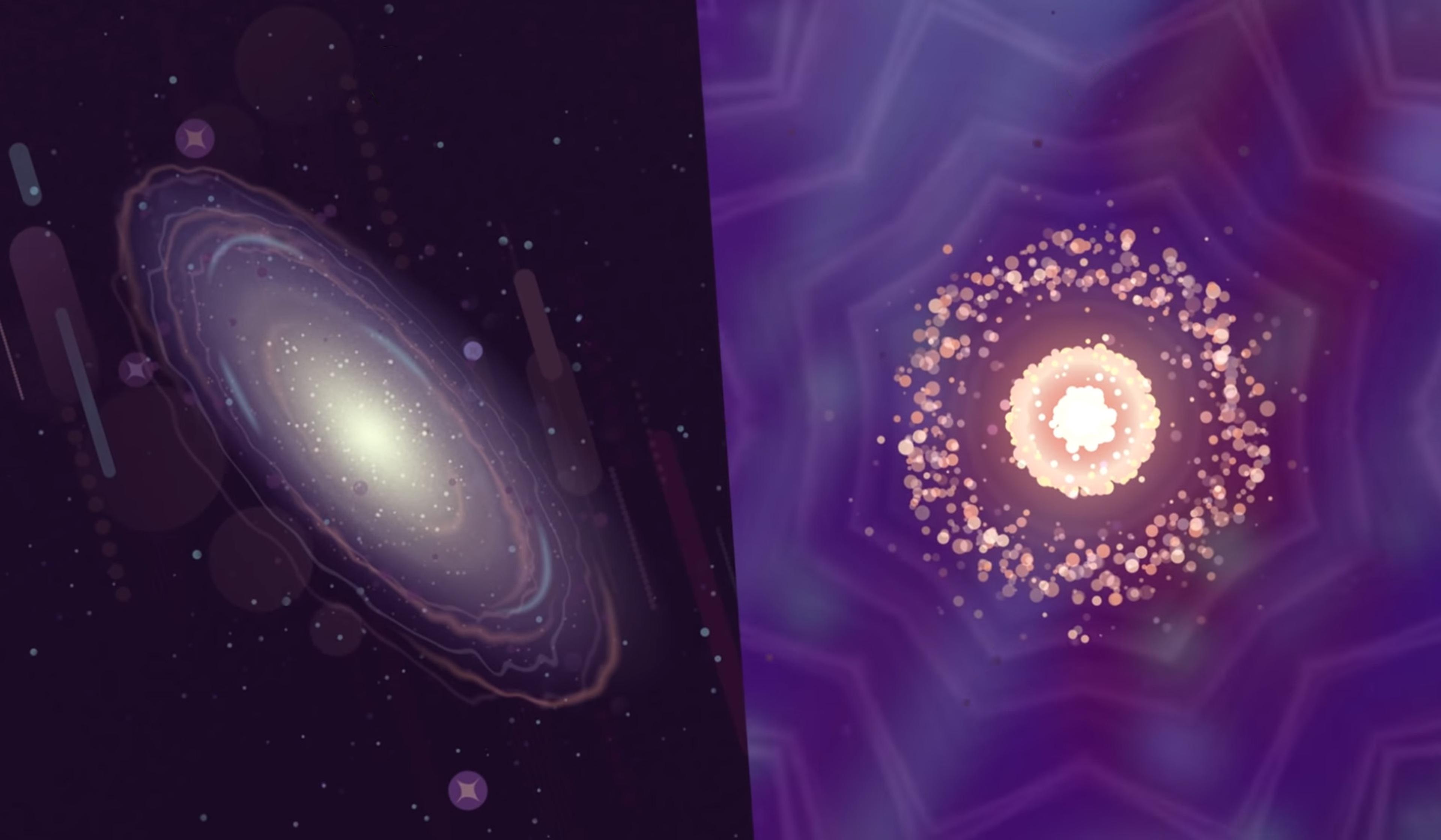
videoPhysics
There’s a striking link between quantum and astronomic scales. What could it mean?
5 minutes
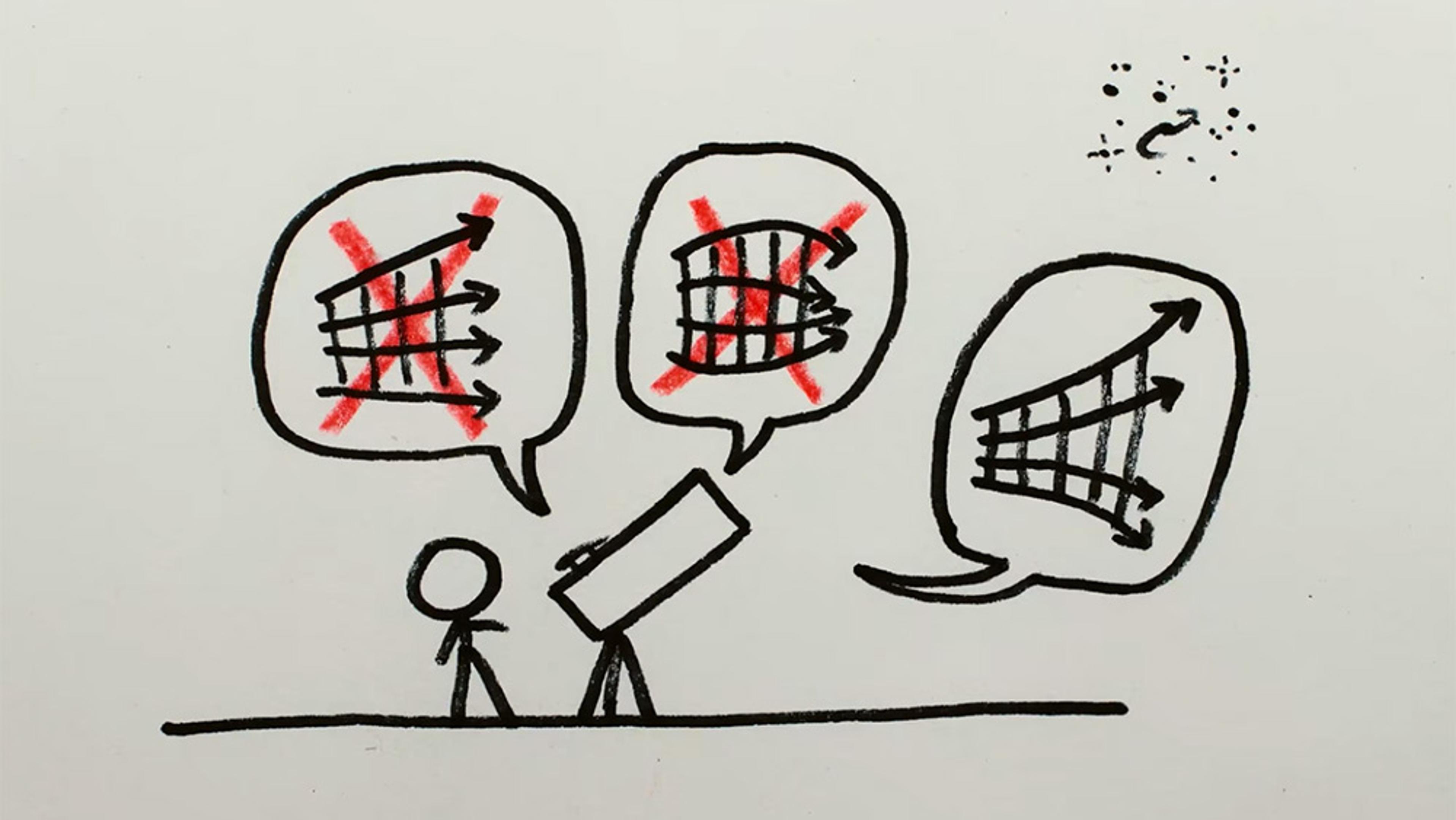
videoCosmology
Turns out that, even when Einstein was wrong, he was kind of right
6 minutes
